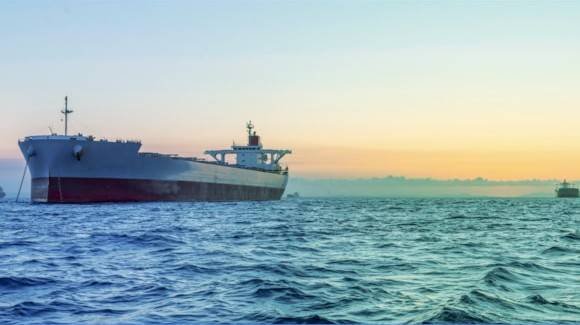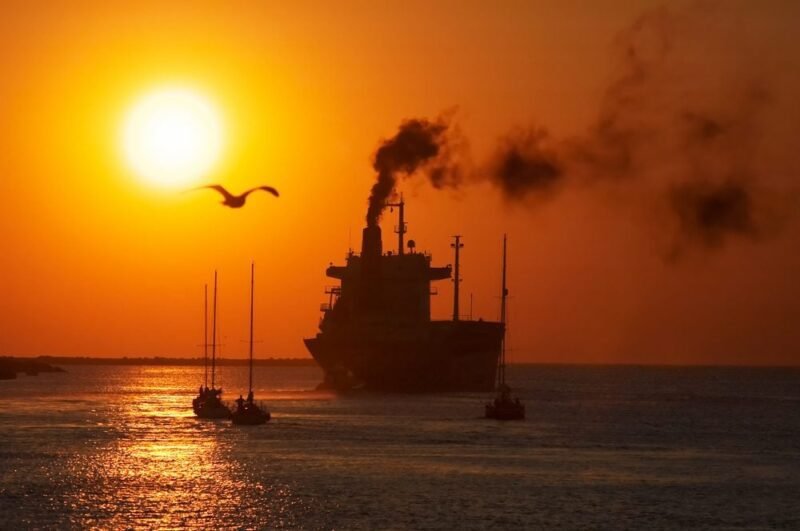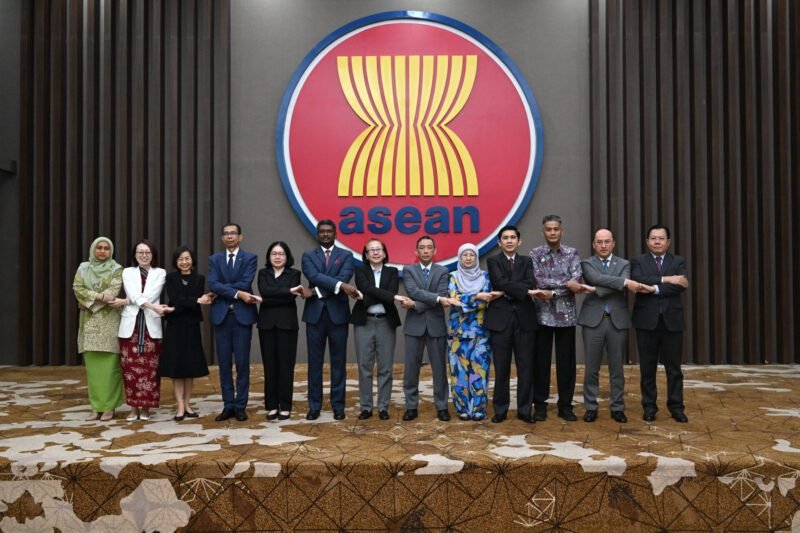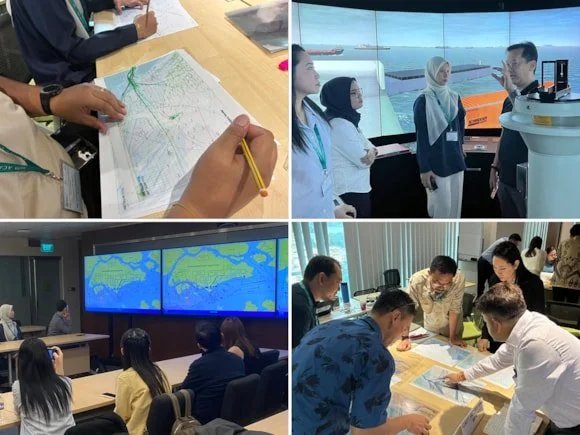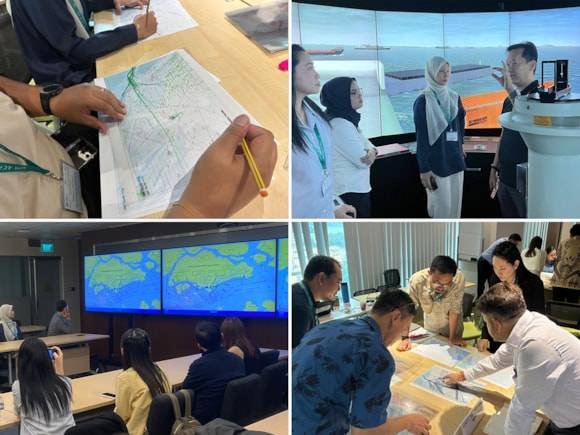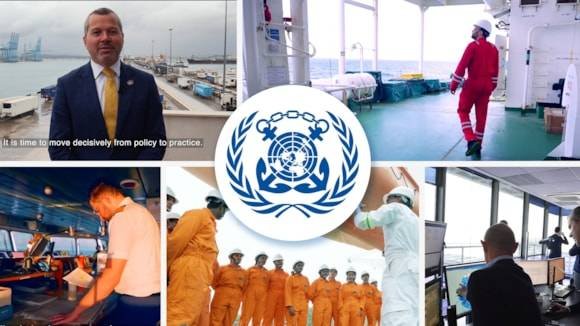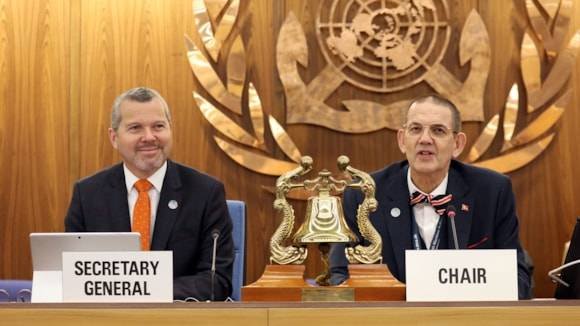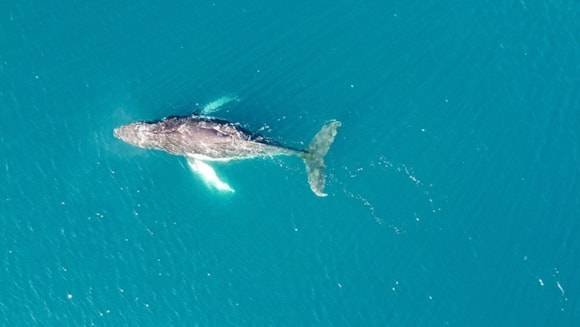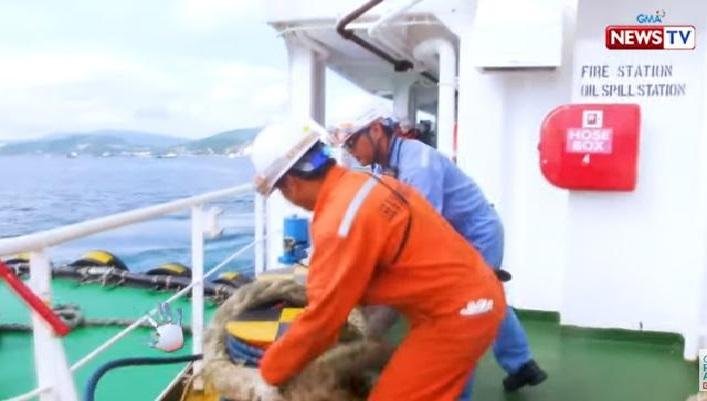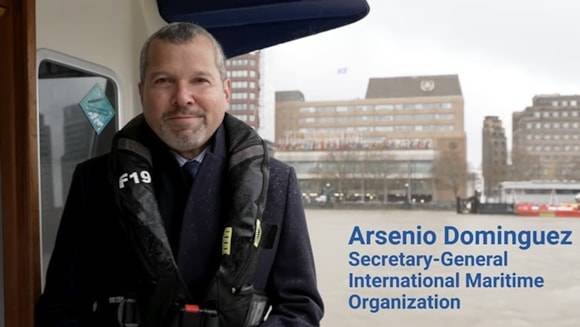ASEAN member states recently adopted the Regional Strategy on Biofouling Management during the 47th ASEAN Maritime Transport Working Group in Brunei on September 17-18. Led by the Philippine delegation, the draft Regional Strategy was presented by Maritime Industry Authority deputy administrator for Operations Nannette Dinopol. The strategy’s main goal is to maintain healthy marine ecosystems and enhance the energy-efficient operation of ships.
This collaborative effort between the Philippines, Indonesia, the International Maritime Organization (IMO), and PEMSEA aims to establish best practices and standards for improved biofouling management across the ASEAN region. The strategy reflects a collective commitment to preserving marine ecosystems and promoting energy-efficient ship operations. The adoption of the Regional Strategy opens the door for further capacity-building initiatives to support its implementation by other ASEAN Member States.
The Philippines expressed gratitude to ASEAN dialogue partners for their support and capacity-building opportunities provided to member states. The European Union’s technical assistance has been instrumental in helping the Philippines comply with the STCW Convention and the Maritime Labor Convention. These efforts align with the recently adopted United Nations Human Rights Council resolution on Promoting and Protecting the Enjoyment of Human Rights by Seafarers. The Philippine-led resolution recognizes the challenges faced by seafarers at sea and the risks to their human rights, safety, and well-being. The Philippine delegation included representatives from the Department of Transportation, MARINA, the Philippine Coast Guard, and the Philippine Ports Authority.







